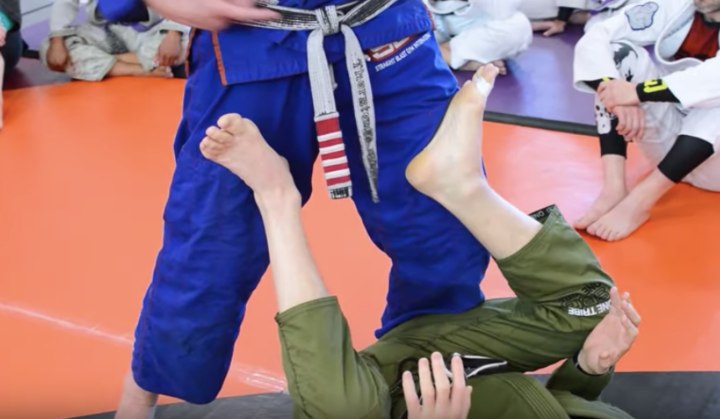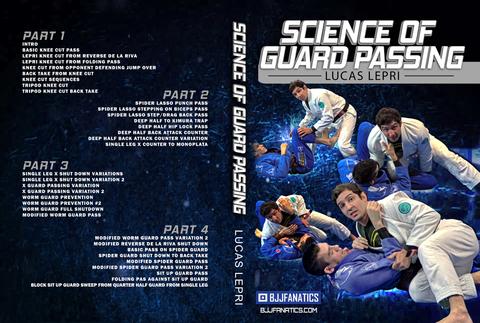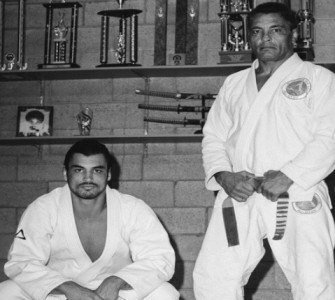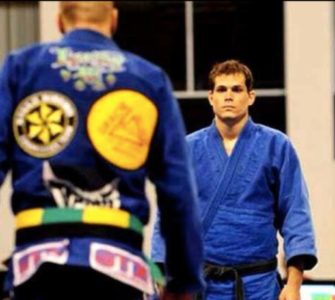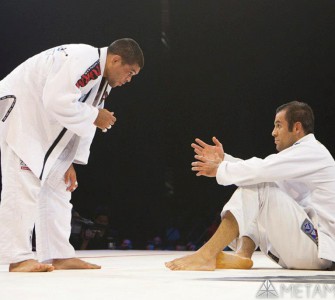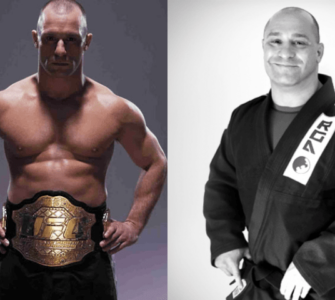When a BJJ practitioner has a limited amount of time to be on the mats, maximizing their training time becomes essential. In this case, is it wiser to work on your passes, or is it better to perfect your guard? Although both are very important aspects to your BJJ game, and will certainly be vital during competitions, your guard game outweighs passing. In this article, Bernardo Faria explains why you should be spending more time on your guard game, rather than focus on passing.
What is Guard? Or Passing?:
If you’re new to the BJJ world, then the words “passing”, or “guard” might still be foreign to you. But just so we’re on the same page, here’s a quick explanation: The guard is a ground grappling position, that requires the person “playing guard” to be laying with their back on the mat, trying to control their opponent, with their legs, or by using their fingers for grips. There are different variations of the guard, such as closed guard, half guard, spider guard, de la Riva guard, and so on.
To transition into a more dominant position, the other opponent will try and “pass the guard,” which essentially means that they can get into side control or mount position. At this point, the question is whether you want to be focusing on passing the guard, or playing guard. Guard passers definitely need to be fluent in grip breaking, keeping a strong base, along with good posture. The person playing guard focuses on maintaining their position to avoid getting passed, and put into side control for possibly the duration of the match.
Which is More Important?
Faria, a black belt, and five-time Jiu-Jitsu World champion, suggests “working a little bit more on guard, than passing.” He goes on to explain that “[one] can develop the best passing game in the world, but I can promise you, that you’re going to compete someday at least once in one tournament, [and] you’re going to get swept.” The problem with this is, if you do end up getting swept, and don’t have a good guard game to fall back on, you’re in huge trouble. Also, by passing your opponent, and getting into mount, you will never end up on the bottom and be forced to work on your guard game.
“I focus way more my game on guard, than on passing,” says Faria. “Pretty much every time I roll, I pull guard. I got to develop a good guard game, then I was getting a bunch of sweeps [during] training, and because I was getting the sweeps, I was also working on my passing game, and then I got to develop good passing too.”
If you only choose to work on your passing game, then it’ll probably just stay static, and won’t improve. By working on guard, you have the chance to practice both. This doesn’t mean every single roll you have to religiously stay playing guard, but as Faria advises, “try every other roll sitting, and pulling the guard.”
Faria also notes that he’s seen some of the best grapplers in the world, such as Ronaldo “Jacare” Souza, and Roger Gracie, among others, get swept a few times against other opponents. Faria says, “sooner or later, you’re going to get swept, so you have to have a good guard game, as well.”
The bottom line here is that if you only work on guard passing, your game becomes pretty one dimensional, and that’s certainly not great for your overall performance in Jiu-Jitsu. The key to the art is to be prepared for most situations. But if a BJJ practitioner puts more effort into their guard game, they will naturally be able to perform more sweeps, and put themselves in a position to pass their opponent.
The Greatest Passer In BJJ History Reveals His Complete System For Destroying The Best Guards In The World And Why He Hasn’t Lost A Match At Worlds in 6 Years!

